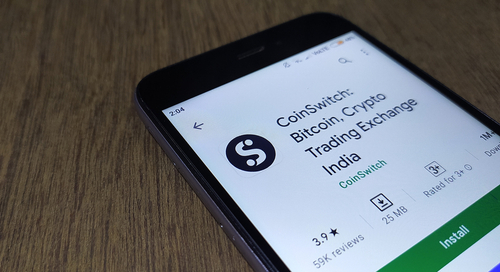
The Indian government has been looking into the activities of CoinSwitch Kuber, and the CEO said it is because the government wants to know what the company does.
Ashish Singhal, the CEO of Indian-based crypto exchange CoinSwitch Kuber, told Reuters, in an interview over the weekend, that the recent investigation by the Indian government into the company is to learn what it does.
Singhal said CoinSwitch is engaging with the Indian Enforcement Directorate’s unit in the tech hub Bengaluru. He said;
“Most of their engagement with us has been about knowing what CoinSwitch does.”
The CEO added that the government wanted to know about the operations of crypto exchanges, how users were onboarded and details about know-your-customer norms.
Someone close to the matter told Reuters that the relates to suspected violations of India’s foreign exchange laws. The Indian government is seeking to learn more about the company’s foreign investments, income and outflows to check on compliance, and seized financial documents, the source said.
However, Singhal declined to discuss the specifics of the agency’s allegations, citing legal sensitivities.
Furthermore, the Enforcement Directorate did not immediately respond to a request for comment from Reuters.
The investigations into the cryptocurrency exchange came as the government looked to tighten regulations in the Indian cryptocurrency sector.
The agency is also looking into WazirX, another leading cryptocurrency exchange in the country. Earlier this month, the agency froze $8 million in assets of WazirX, citing a possible role in helping instant loan app companies launder criminal funds by converting them into cryptocurrencies on the platform.
WazirX has disputed the allegations. The case has seen Binance, the world’s leading cryptocurrency exchange, deny its acquisition of WazirX. The Indian-based exchange claimed that Binance had concluded the acquisition, while Binance claims otherwise.
The Indian government said it was conducting money-laundering investigations against several shadow banks and their fintech companies. The agency is looking into them for potential violations of central bank norms and predatory lending practices.

